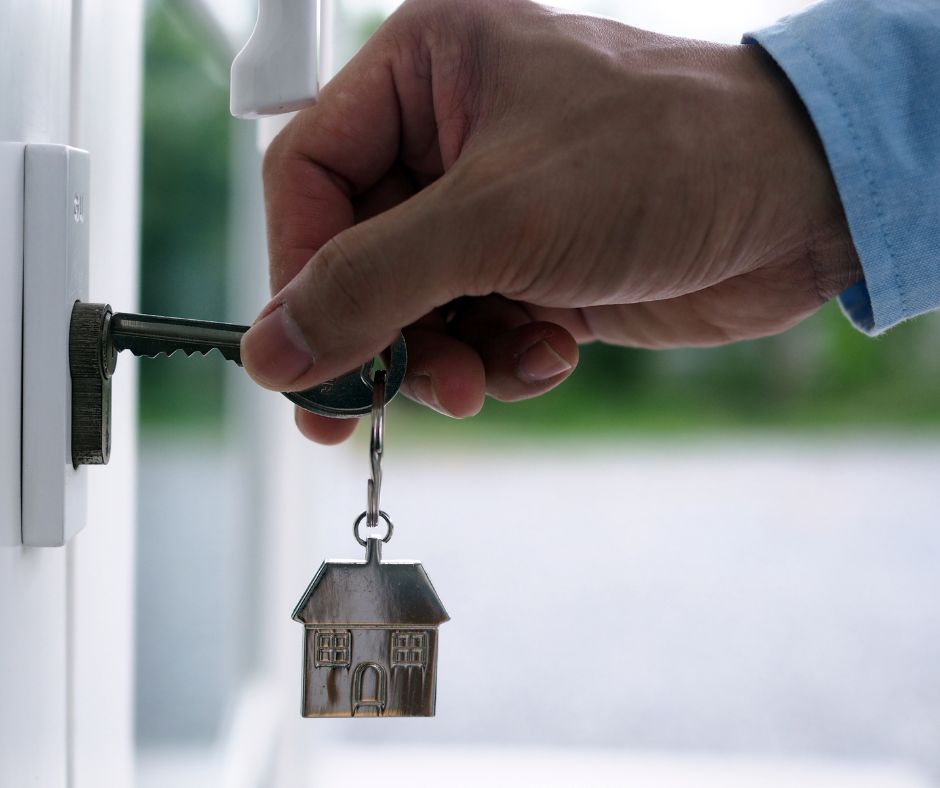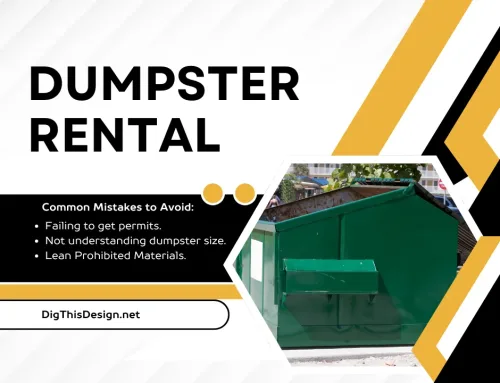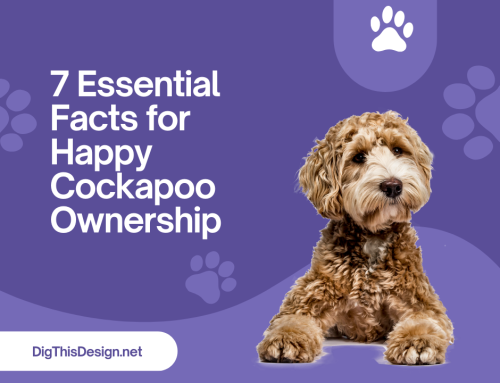1031 exchange helps if you want to sell your investment real estate, for a profit, and then put every penny into a new piece of real estate, without paying capital gains taxes.
1031 exchanges, also known as like-kind exchanges, allow you to use the rules in Section 1031 of the Internal Revenue Code (IRC) to swap your current investment property for another investment property of like kind. That just means you need to buy another investment property with the proceeds. You’ll need to do it all through a qualified intermediary. If you receive any proceeds, you’ll have to pay capital gains tax on that money. For example, because your new property cost less than your old one sold for and you have money left over. Here’s what you need to know.
The Basics of Section 1031 Exchange

You Can Only Do a 1031 Exchange on Investment Properties
You can’t use a 1031 exchange to defer paying capital gains taxes on the sale of personal-use property. This would include a vacation home or your primary residence. It has to be an investment property. Are you thinking about turning your personal real estate into investment real estate? You can convert it by moving out and renting it to tenants for at least a year. Then the property should be eligible for a 1031 exchange. However, you should get advice from a qualified tax professional before you attempt to convert a residential property into an investment property.
You Should Line Up a Replacement Property Before You Begin the Exchange
Once your qualified intermediary closes on the sale of your old investment property, you have 45 days to identify up to three replacement properties that you want to buy in exchange. After that deadline is up, you have 180 days to actually close on the purchase of that replacement property. The tight timeline means that you should really have a replacement property in mind before you start the 1031 exchange process.
You Need a Qualified Intermediary to Facilitate the Exchange
A qualified intermediary or exchange facilitator will hold the proceeds from the sale of your former investment property so that you don’t receive them as income, and can’t be taxed on them. He or she will facilitate the sale of your old property and the purchase of your new property. You can’t be your own intermediary, and you can’t use your accountant or attorney. You will have to find one through the Federation of Exchange Accommodators (FEA).
Your Mortgage Debt Could Affect the Transaction
If you still owe money on your investment property, you’ll need to have mortgage liability on the new property. The new mortgage should be equal or greater than the mortgage liability of the old property. However, if you choose not to get a mortgage liability on the property that you want to sell, it may cost your entire proceeds as a down payment on the new property. Then, take out a mortgage to cover the rest.
You Could Wind Up Paying Property Taxes on Any Proceeds You Keep
Sometimes in a 1031 exchange, there ends up being a boot. A boot is an amount of money left over after the exchange is completed. This is because the property that was sold brought in more than the cost of the property that was bought. You can keep the boot as proceeds, but you’ll have to pay capital gains taxes on it.
Eventually, You Will Have to Pay Capital Gains Taxes
A 1031 exchange can help you defer paying capital gains taxes on the sale of your investment property – even if you realize a profit of millions of dollars on the sale of your property. Because of the 1031 exchange process, you can reinvest the entire market value of an investment property you have sold.
However, a 1031 exchange can only defer the payment of capital gains taxes. As long as you hold onto your new investment property, you won’t have to pay capital gains taxes on the sale of your old one. If you perform another 1031 exchange, you can reinvest your capital gains into another piece of property and continue growing wealth. But if ever you decide to sell your investment properties outright, you will pay capital gains taxes on the proceeds.
The only way to get out of paying capital gains taxes is to die without selling your real estate holdings. In that case, your heirs will inherit the properties at their full market value, with no capital gains liability. For this reason, 1031 exchanges are frequently used in estate planning.
You don’t need to worry about paying capital gains taxes on the sale of your real estate – not if you can do a 1031 exchange. 1031 exchanges can really help you grow your family’s wealth, and obtain more to pass down to your children. It’s the best way to make your investment in real estate work for you.
Other Posts You Might Enjoy:
Tenants Making Your Life Hard? Here Are 3 Things the Landlord Insurance Will Do For You
Should You Sell or Rent Out Your House?





